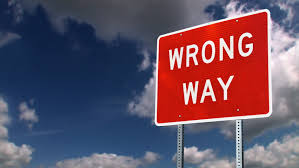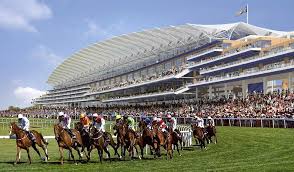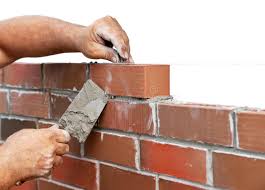In my last post I talked about the not-so-simple expression of course. This post is about the word course on its own, without the “of”. It has several meanings.
If you’re learning English, it’s likely you’ll be doing a course: a number of classes, or a programme of study or training. If you’re extremely lucky (!), you might even be doing a course with me. Notice that we usually do a course. Some people talk about taking a course, especially in American English. You can’t make a course however; this is incorrect. (I could make a course, but that’s because I’m a teacher. I might physically create a course for my students. Have a look at my very first post, which covered do and make.)

I’ve just started my upper-intermediate English course. It’s quite hard!
Torben is on the same course as me.
My son wants to do a guitar course.
I’m doing a course in advanced economics. (It’s common to say you’re doing a course in something.)
Why don’t you take a Spanish course? It’d help you a lot. (The verb take here is common in American English.)
Incorrect: *I’m making a three-year university course so I can become an accountant.
We can also talk about a course of medical treatment:
A course of chemotherapy usually takes between three and six months.
When taking antibiotics, it is vital that you complete the course, to prevent reinfection.

Course can also mean the direction that a vehicle moves in (especially a boat, an aircraft or a spaceship), or the path that a river takes:
The adverse weather conditions over the Baltic Sea caused the pilot to abruptly change course.
From the village of Baziaș, the border between Romania and Serbia follows the course of the Danube.

Sometimes we talk about changing course figuratively, when no actual planes or boats or rivers are involved:
The discussion completely changed course after Caroline showed us the latest sales figures.
We can also talk about something (or someone) being on course, which means “likely to succeed”. If you’re on course, things are going according to plan:
We are on course to meet our sales targets for the year ending June 2018.
Something can just as easily be off course, which means “no longer going the right way”:
The boat was blown off course by strong winds caused by Cyclone Pam.

Note that off course is pronounced quite differently from the far more common expression of course.
Here is me saying “Of course. Of course you can come.”
And here I’m saying “Off course. The boat was blown off course.”
The word course is often used for the area on which certain sports take place:
There are approximately 2500 golf courses in the UK, accounting for more than 0.5 per cent of its land area.
The London Marathon course includes some of the capital’s best-known tourist sights.
Ascot is a very famous racecourse. (A racecourse – all one word – is where people race horses.)

A course can also mean part of a meal. The courses are served separately:
A three-course lunch at The Oaks costs £16.

One final meaning of course is a layer of bricks or other building materials:
After a long delay, it was exciting to see the first course of bricks finally being laid.

Before I go, note that the word coarse also exists in English. It is pronounced exactly the same as course, which means that the two words are homophones. I was going to talk about coarse in this post, but just like course, the word has several meanings, so I think it deserves its own post. Don’t go away!



